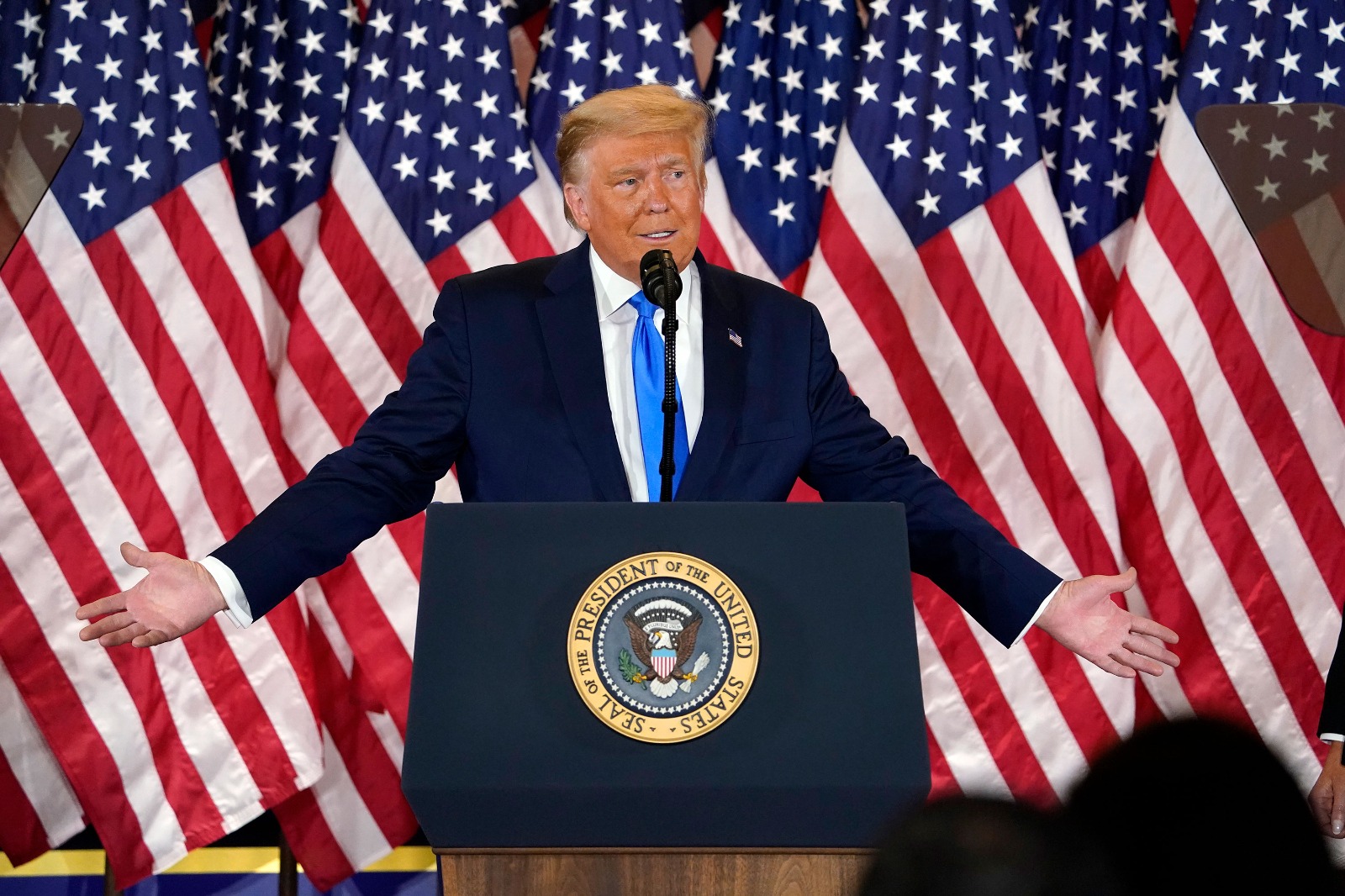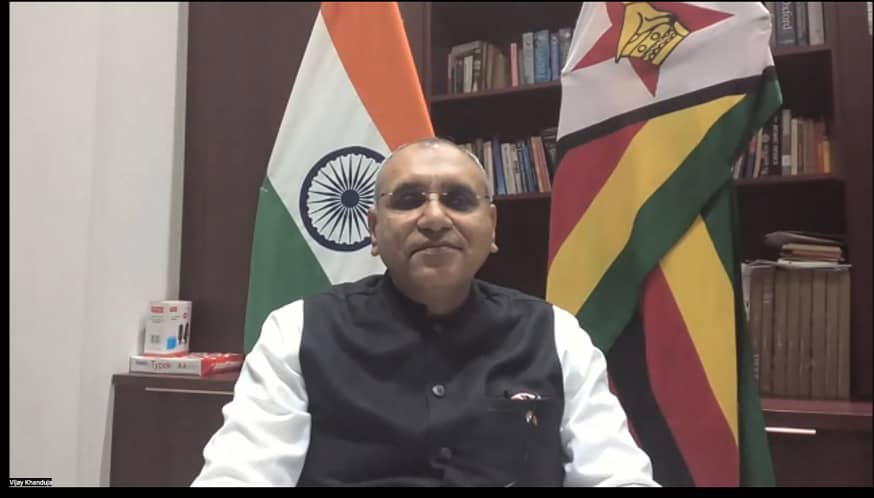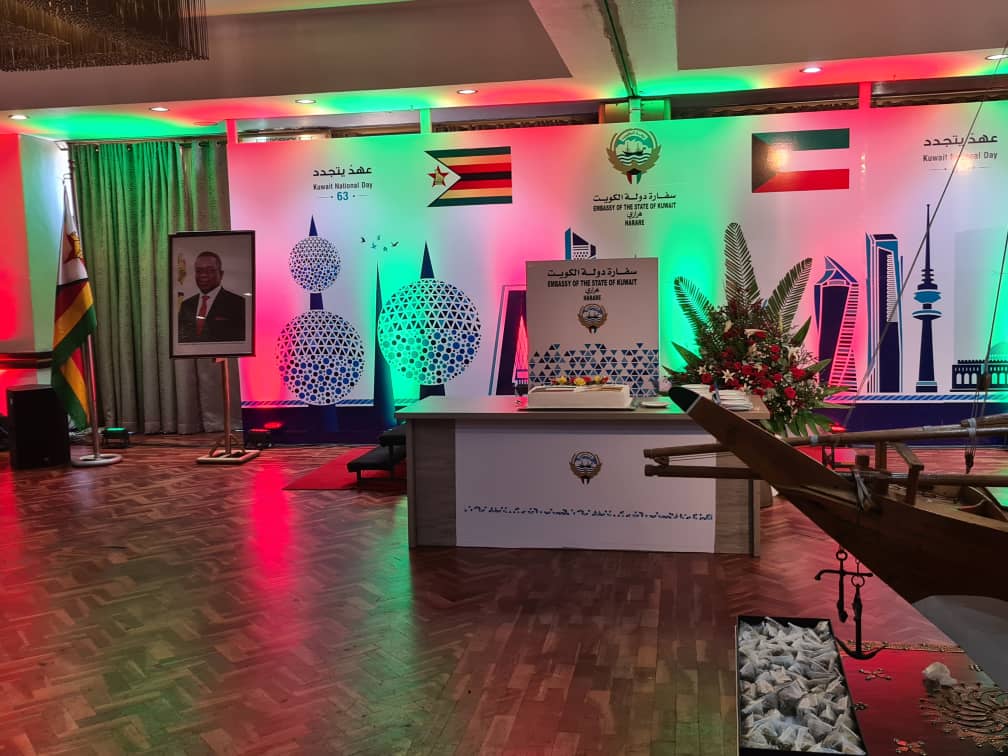On the 10th of October 2016, the US Ambassador to Zimbabwe, Mr Harry K. Thomas Jr, presented a public lecture on the ‘US – Zimbabwe Relations – Challenges and Prospects’ at Julius Nyerere House-Campus.
In his opening remarks Ambassador Harry K. Thomas Jr appreciated the role the Zimbabwe Institute of Diplomacy is playing in promoting soft skills training in the country. The Ambassador asserted that, “the Institute is working towards to promote and enhance the same goals that institutions like the U.S. Department of State works to achieve. Promoting global peace, development and relations between countries requires well-groomed professionals who are able to articulate and negotiate agreements and treaties in a responsible manner.”
The ambassador acknowledged that this was a timely topic given recent challenges and the misinformation that has been peddled through the media. Mr Harry K. Thomas Jr pointed out that, the government of Zimbabwe, when at a loss to explain Zimbabwe’s domestic economic or political difficulties, at times seeks to assign blame to U.S. policies or other external factors. While the United States and the rest of the international community continue to engage the government of Zimbabwe on areas of disagreement, in reality, the depth of our bilateral relationship extends well beyond the skirmishes you might read in the press.
The United States and Zimbabwe have maintained full diplomatic relations since the time Zimbabwe gained its independence in 1980, Ambassador claimed. The two countries have always maintained full diplomatic relations. Zimbabwe has always had a fully accredited ambassador in Washington and I represent an unbroken continuum of American ambassadors here dating from independence until the present day. And this is because the United States believes in Zimbabwe’s potential, its promise, and its people.
The US relations with Zimbabwe are guided by four pillars that serve as the foundation of U.S. policy towards Africa. This policy is outlined in more detail in the 2012 U.S. Strategy for Sub- Saharan Africa, which are: 1) Strengthening democratic institutions; 2) supporting economic growth and development; 3) promoting opportunity and development; and 4) advancing peace and security.
The Ambassador postulates that the future of U.S.-Zimbabwe relations is a shared responsibility of the United States and Zimbabwean government and people. The US government looks forward to the day when all Zimbabwe’s political parties have equal opportunity to present themselves to the public and to compete to represent the people in government. The U.S. wants to see a non-violent and credible electoral contest and for the will of the people to be honored. A free and fair election is an essential pillar of democracy. It is not for the U.S. or any other outsider to dictate or influence who should make up the government – that is for the Zimbabwean people alone to decide.
In summation Mr Harry K. Thomas Jr said that the future of U.S.-Zimbabwe relations is bright. The United States will continue to seek ways to enhance bilateral relationship. US enduring interest and commitment to the people of Zimbabwe have not changed. The US government stands by the commitments that it made to the people of Zimbabwe at independence; to work together to increase mutual understanding between Americans and Zimbabweans as well as promoting democratic institutions, equitable economic growth, public health, and food security.




